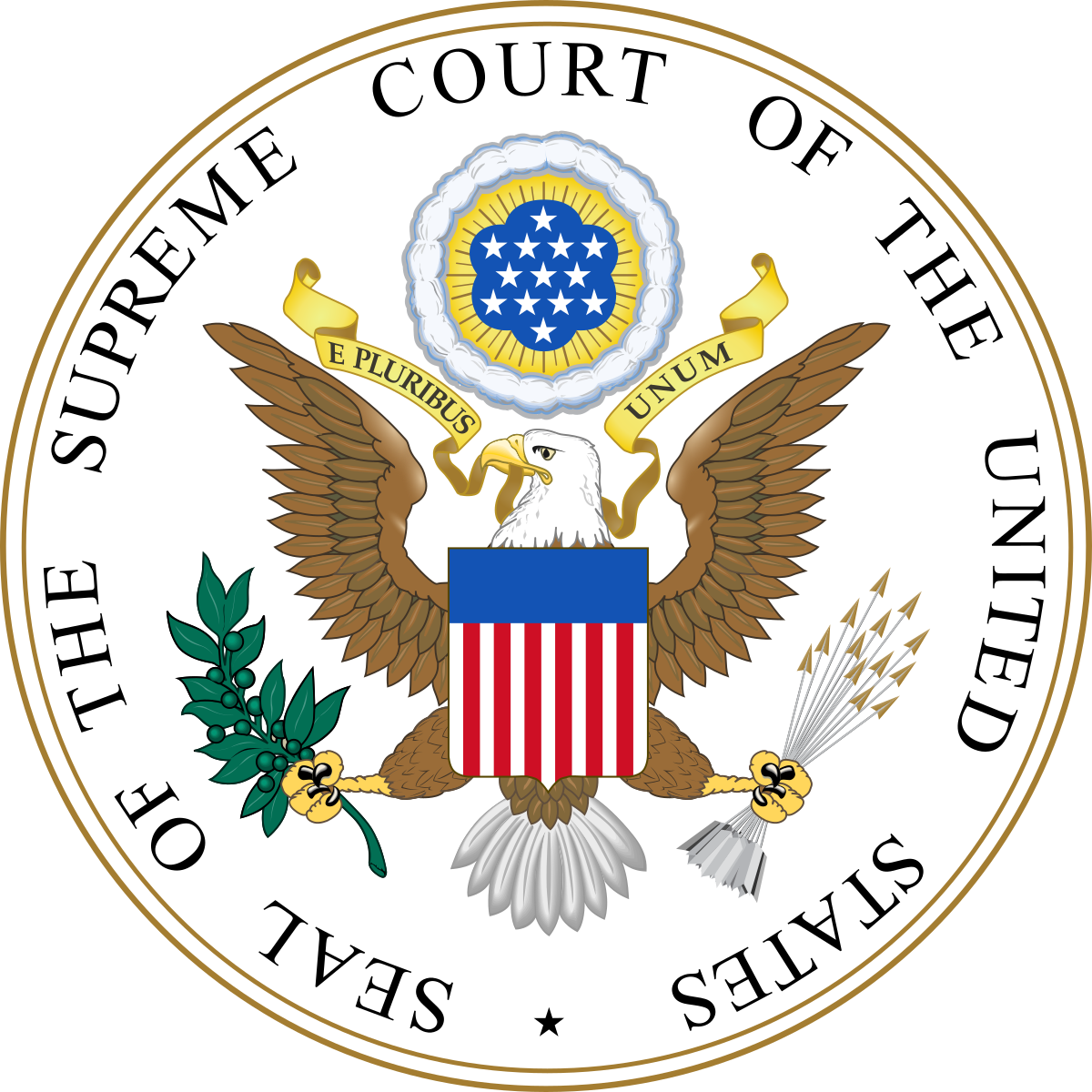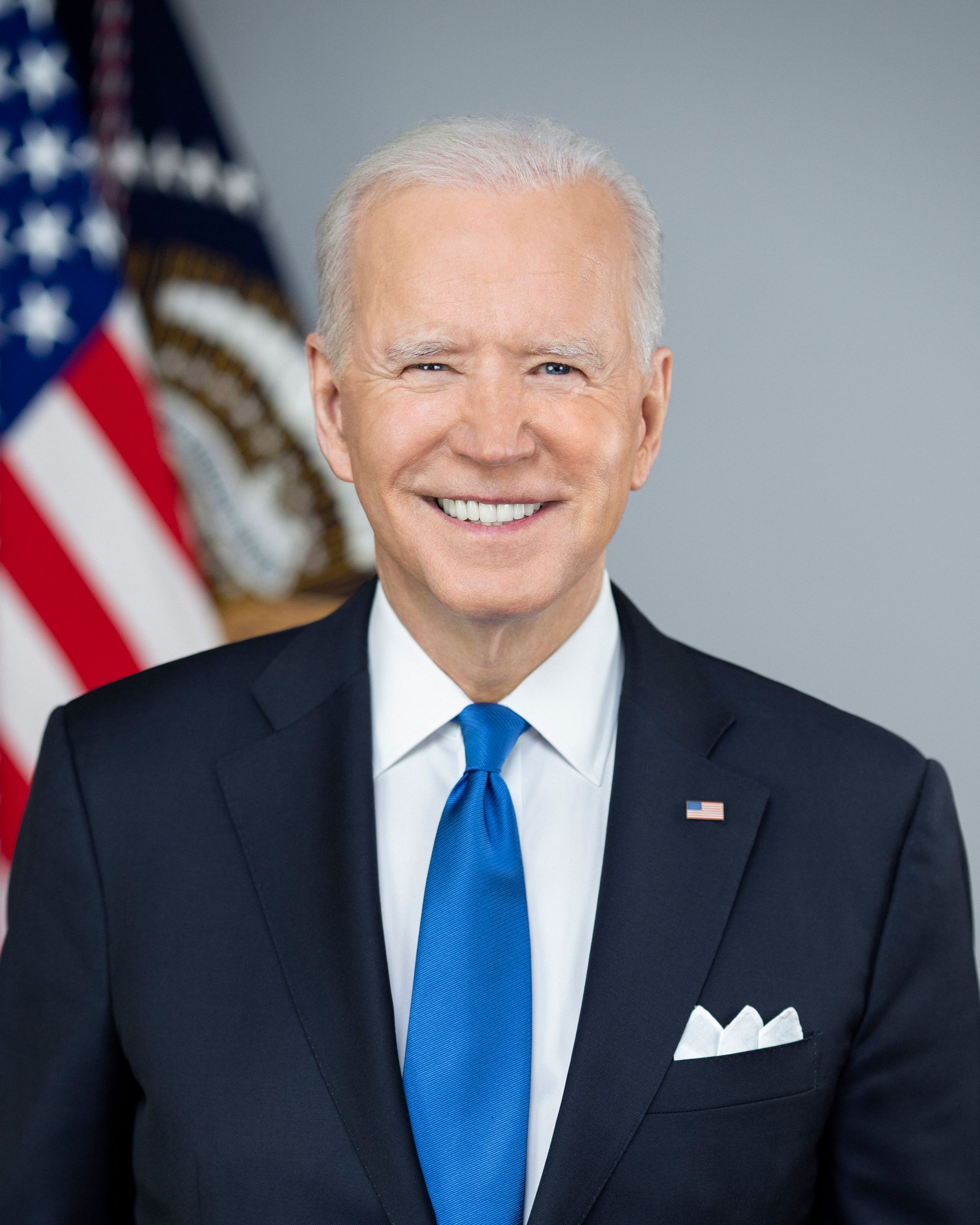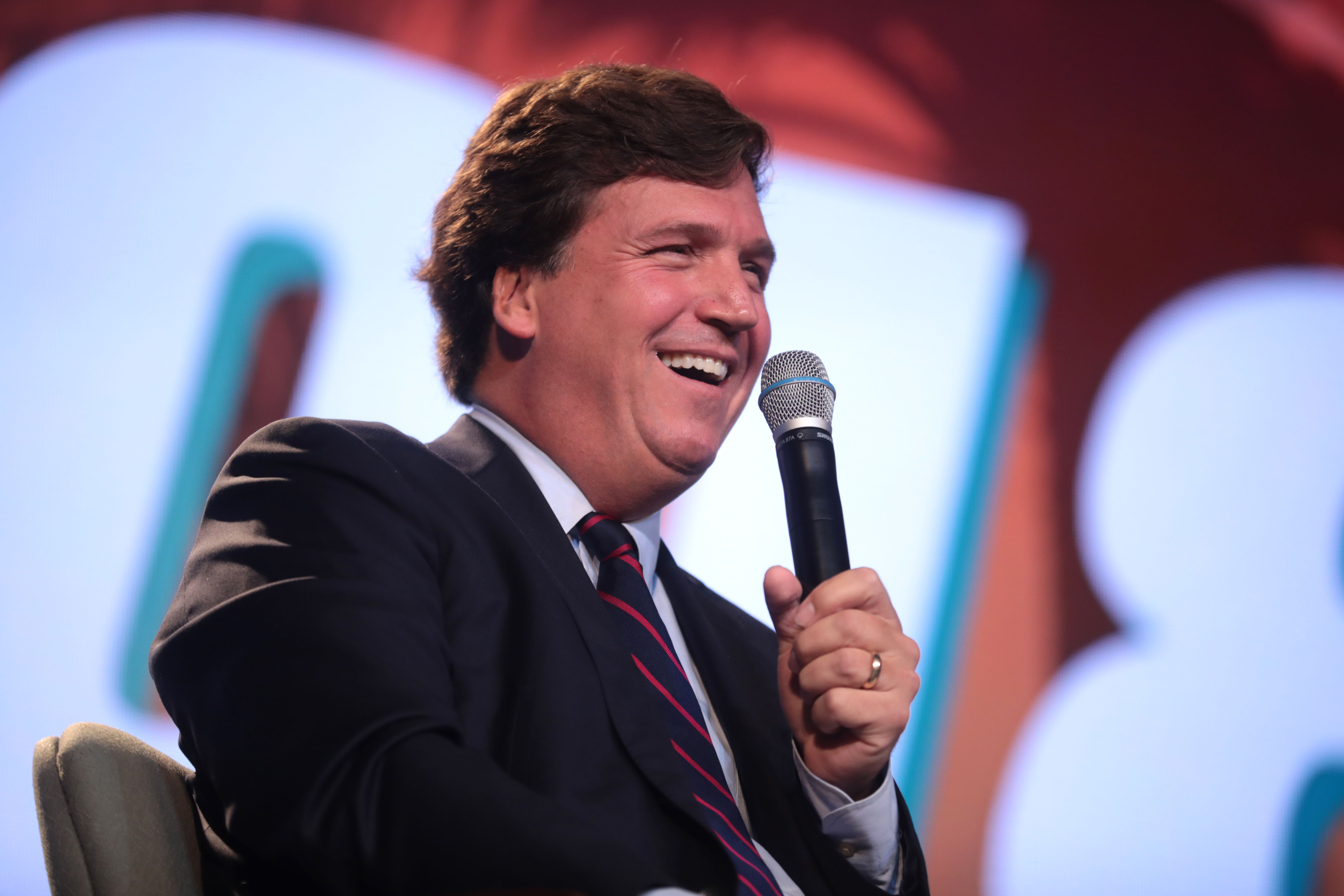*Published with the generous permission of Teri Kanefield. Read all of her writing here.
By Teri Kanefield
Missouri v. Biden (the case seeking to limit the Biden administration’s contacts with social media platforms) is, at heart, a dispute about content moderation on social media. It’s also about whether right-wing conspiracy theories about Covid, vaccines, and the election should be allowed to spread unchecked and unchallenged. It also embraces the libertarian (and anarchist) view of government.
The case, in a nutshell:
The Plaintiffs include Missouri and Louisiana, their attorney general, and a few others, including a Stanford professor of medicine who opposed masking requirements, vaccine requirements, and lockdowns.
The Plaintiffs filed a lawsuit accusing Biden and administration officials of operating “open and explicit censorship programs.” They claimed that Biden and his administration “threatened and cajoled social-media platforms to censor viewpoints and speakers disfavored by the Left,” and have now entered “a phase of open collusion with social-media companies to suppress disfavored speakers, viewpoints and content.”
The Plaintiffs assert that the Biden administration is operating this “censorship” operation under the “Orwellian guise of halting so-called ‘disinformation,’ ‘misinformation,’ and ‘malinformation.’”
Applicable law, in a nutshell:
The First Amendment limits the government’s ability to regulate or censor the speech of individuals and media companies. The First Amendment applies only to actions by the government and not to the actions of private persons.
Under the First Amendment, the government is permitted to “advise” or try to “persuade” media outlets, but the government is not permitted to engage in “jawboning,” which is defined as “behavior that is extremely coercive.” Basically, the government can “persuade” but it cannot “intimidate.”
Plaintiff’s argument, in a nutshell (spoiler)
As I will show, the Complaint basically argues that that
therefore, the plaintiffs conclude that government officials jawboned social media platforms into censoring political speech.
Plaintiffs offer the following as examples of right wing speech they claim was “censored”:
The Plaintiffs account for the fact that these and other stories were not given exposure because people thought they are nonsense. Plantiffs respond by offering “evidence” that in fact, each of the above theories is legitimate, and therefore, the public was harmed because the stories were “suppressed.”
Plaintiffs offer these examples of “censorship”:
“Both Twitter and Facebook took extraordinary censorship measures against The Post” over its “exposés about Hunter Biden’s emails” by locking the Post’s primary Twitter account.“
The Wall Street Journal Editorial Board “reported” that “nearly all of the media at the time ignored the Hunter laptop story or ‘fact-checked’ it as false.”
During the major Covid-19 outbreaks, Twitter “censored” (labelled or removed) speech claiming that face masks do not work to reduce transmission or to protect against COVID–19.
On April 8, 2021, YouTube “deleted a video in which Florida Gov. Ron DeSantis and a handful of medical experts,” including Plaintiffs Bhattacharya and Kulldorff, “questioned the effectiveness of having children wear masks to stop the spread of COVID-19.”
Plaintiffs offer these examples of what they claim are illegal government actions:
Plaintiffs alleged that the government “threatened” to revise Section 230 of the Communications Decency Act of 1996 in a manner that would deprive social media platforms of some of their freedom. Evidence of such “threats” listed in the Complaint include:
(Note: None of the above is a “threat.” Government officials, particularly members of Congress, are always talking about revising legislation.)
As another example of “threats” or “coersion,” the Complaint cites a letter that members of Congress sent to Facebook. According to the Complaint, the members of Congress “demanded” that Facebook address Spanish-language disinformation across the platform. I went to look at the letter, which is here.
The letter opens with this: “We write to you regarding our serious concern with Meta’s (formerly Facebook’s) lack of progress addressing the pressing issue of Spanish-language disinformation across its platforms.” The letter informs Meta that the efforts to target Spanish-speaking communities originated in “Russian state-controlled outlets.”
The letter admonishes Facebook for “continuously” failing to “show it is adequately addressing this problem for Spanish-speaking communities. . . ” and pointed out that Russian-sponsored disinformation outlets were succeeding in targeting American Spanish-speaking communities.
Congress concluded with a “request” that Facebook answer questions about the steps they plan to take.
Remedy sought
The plaintiffs asked the court to hold that the government’s behavior was unlawful and order the government to stop. Such an order would effectively forbid the government from talking to social media platforms at all and from talking about content on social media.
The government responded to these accusations by explaining that an important part of the executive function is to “speak to members of the American public—including American companies— about how they can help mitigate threats to the Nation”:
“From President Kennedy’s exhortation for steel companies to lower their prices to President Trump’s efforts to encourage companies to keep American jobs onshore, presidents and other officials have long exercised the power of persuasion to advance their vision of the public good. . . . For example, the FBI routinely shares with platforms intelligence regarding accounts that appear to be used by foreign malign actors to influence the American public, or by foreign terrorist organizations to recruit supporters.”
The government’s argument (from what we see so far from the filings) is this: Such an order would impede the executive branch from carrying out its functions and would violate the separation of powers by allowing the judiciary branch to regulate executive branch speech. Moreover, the plaintiffs have no standing to bring this action, so the entire case should be thrown out.
What this case is about
The lawsuit gives voice to the long-held right-wing belief that mainstream media, the federal government, and powerful high-tech companies are all in collusion to censor and ban their political views. The lawsuit rests on the right-wing view that the federal government routinely engages in nefarious efforts to infringe on the “liberty” of individuals. In this case, the “liberty” being infringed is what the Plaintiffs believe is their right to have their political views given prominence in the media.
This case matters because many (if not all) of the difficulties we are having now in holding on to democracy come from the way people get their information.
The libertarian (and anarchist) view of government
The logical error in this brief is that the plaintiffs confuse chronology with causation.
What they want is for the government to shut up and back out of it. Now, if the government does nothing and the platforms continue to muzzle certain speech, they know that they can’t do anything about that. Private platforms can do what they please.
This is the “Government should stay out of everything” argument put forward by people who think that individuals should be allowed to do any of the following without government interference:
Key procedural history:
The Fifth Circuit Court of Appeals sided with the government and blocked the preliminary injunction while case proceeds, offering some hope that, while it’s clear that the judge will rule for the Plaintiffs, there is a chance that the notoriously conservative Court of Appeals for the Fifth Circuit will behave sanely.
When Musk purchased Twitter, he claimed to be a “free speech absolutist,” and promptly reinstated accounts that had been banned for spewing racist, dangerous lies. To take two examples of many, Musk reinstated Andrew Tate and Lin Wood. (Wood was suspended after January 6, 2021 when he tweeted that former vice-president Mike Pence should face “execution by firing squad.”) Musk told Trump he’d be welcomed back.
In December, shortly after buying the platform—in an attempt to give credit to right-wing talking points that Twitter intentionally silenced conservatives because of their political views—Musk and a few of his his allies began releasing internal documents to a handpicked group of journalists who posted excerpts on Twitter. These documents composed what they called the “Twitter files.”
The so-called Twitter files did not prove that right-wing views were unfairly censored, but they succeeded in fueling the right-wing talking points echoed in Missouri v. Biden. (In fact, internal researchers at Twitter found that, even before Musk’s purchase of Twitter, right-wing views tended to be favored by the internal algorithms.)
Soon after purchasing Twitter, Musk began to “empower right-wing viewpoints.” Within a few months, he turned the site into a “far right social network.” He removed fact-checking and content monitoring. He is is now paying Andrew Tate and other right-wing extremists for their contributions to Twitter while finding ways to amplify misinformation.
The pattern is the same in Missouri v. Biden: They begin by asserting that their views are being “censored” and then insist that their views be given dominance and allowed to spread unchecked and unquestionied. Missouri v. Biden and what Musk is doing to Twitter matter because many (if not most) of the difficulties we are having now in holding on to democracy come from the way people get their information.
As I wrote here, it appears that the future of social media is decentralization through open protocols. (If you don’t know what I’m talking about, see this post.)
As of right now, the following platforms either use Activity Pub or have announced that they plan to implement Activity Pub: Threads, Post.news, Mastodon, Tumblr, Medium (and I’m probably forgetting others.) If enough platforms interact with Activity Pub, and if each hub can perform its own content moderation, the Nazi and QAnon crazies can, perhaps, be marginalized from mainstream social media.
You see, right wingers don’t merely want their own platforms. If they did, they would all congregate on Truth Social or Parler. What they want is to dominate all platforms, which is why the Plaintiffs in Biden v. Missouri want to remove any possibility of legitimate criticism from official sources.
My primary home right now is on Mastodon. Why? Because it appears open source protocols are the future and because I own my own server and I can thus make my own rules and I don’t have to worry about a lunatic billionaire buying the platform.
On Mastodon I have been doing a series called #FunReadingLegalDocuments. You can click to see my analysis of the following legal documents that were filed this week:
About a year ago, I was doing a Youtube series on topics about books, law, and politics for people who prefer to listen. I stopped because I was spending a lot of time on them and because hey, I’m a writer. My technical support staff (my husband) recently talked me starting up again. He said, “Just do the talking and I’ll do the rest.”
So I talked. He did the rest. I haven’t even looked at the final product. What trust, right? So if you know people who prefer listening, we now have recordings on these topics:
Also, the last two blog posts are here, as recordings:




